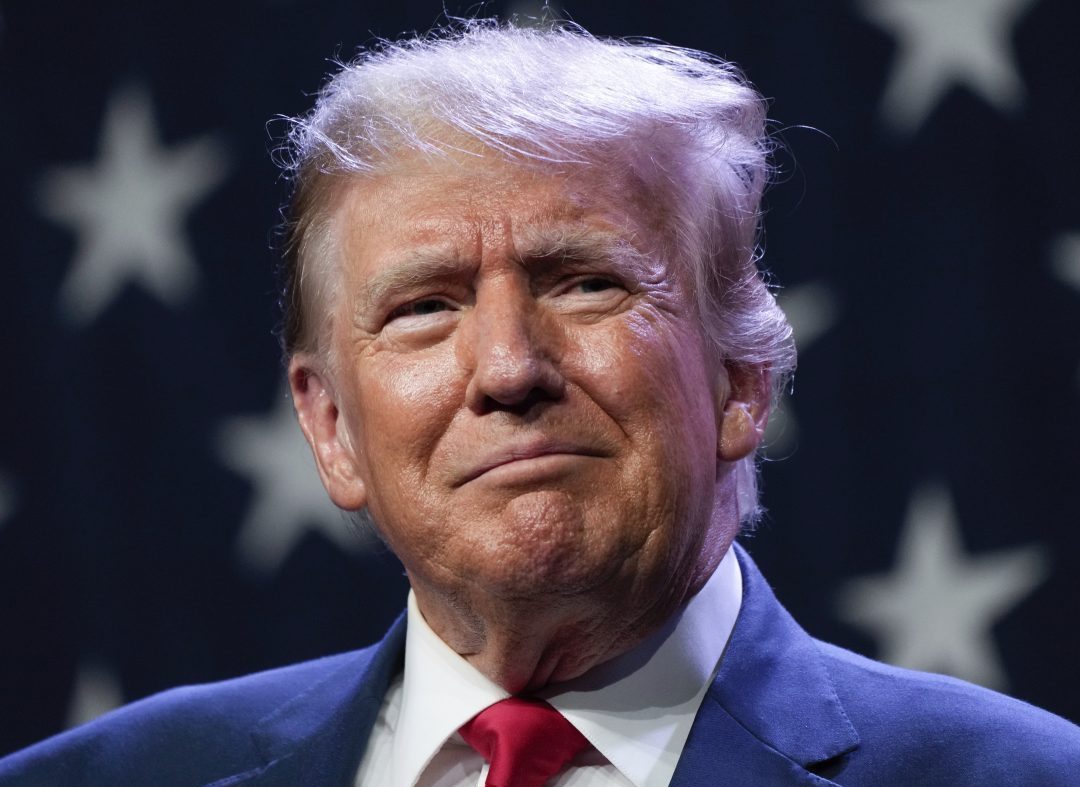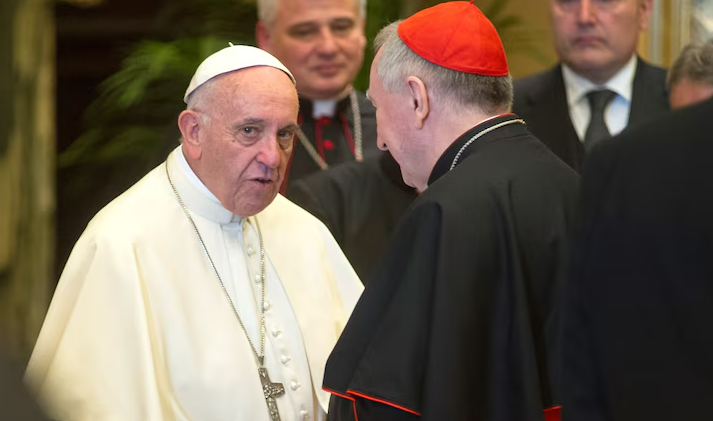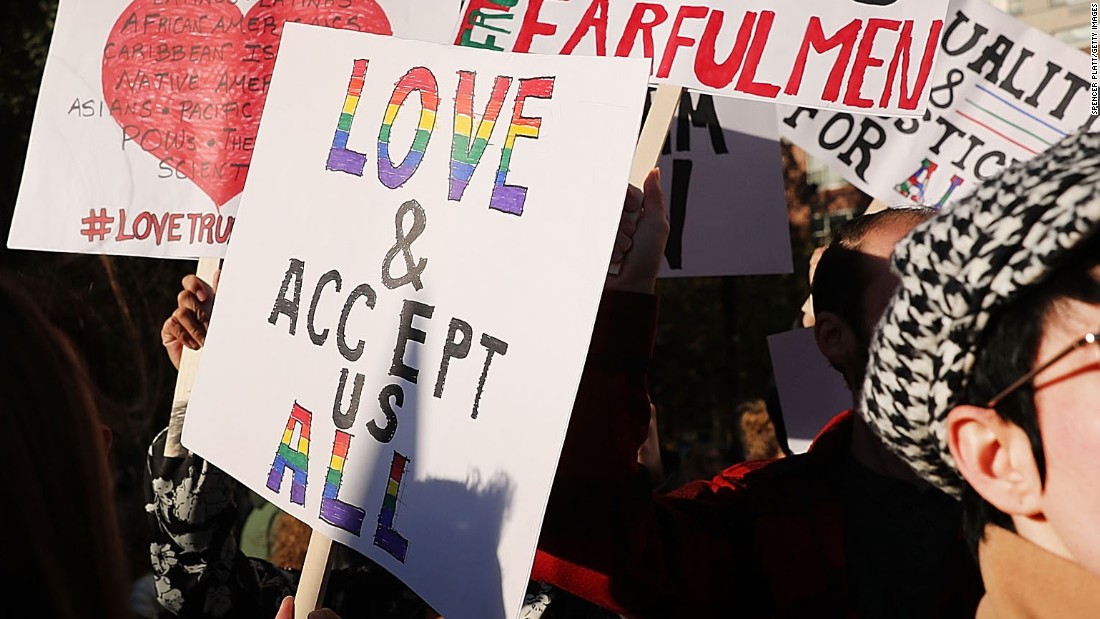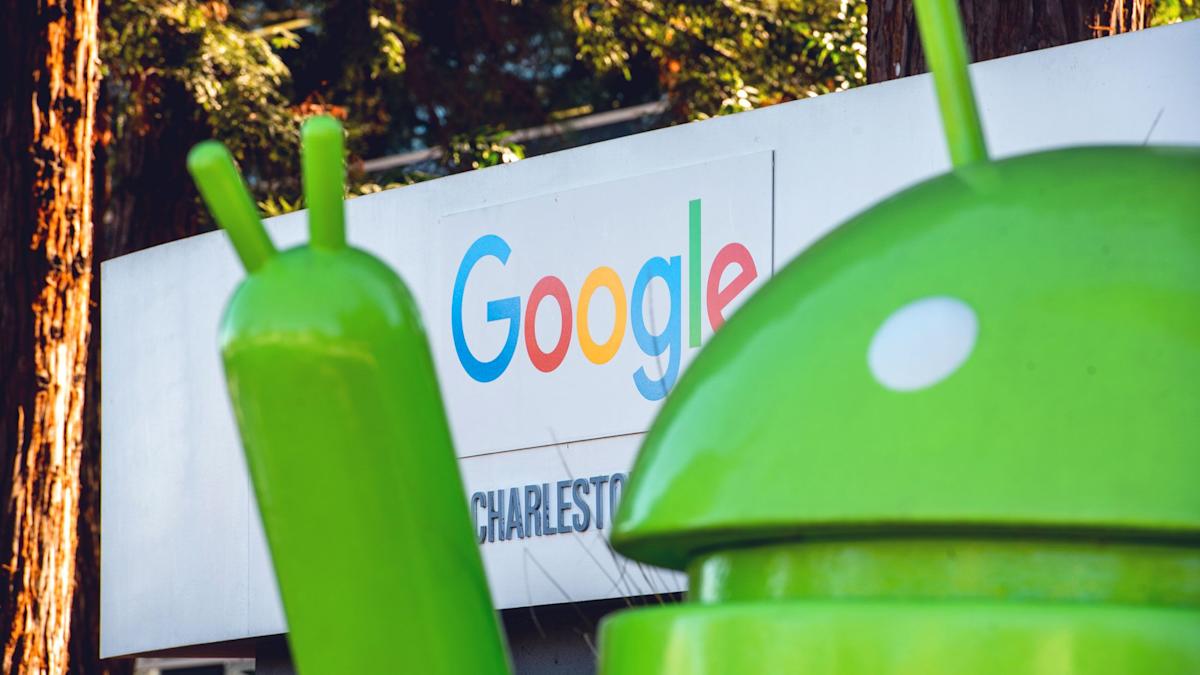FTC Appeals Activision Blizzard Merger Ruling: A Deeper Dive

Table of Contents
The FTC's Arguments Against the Merger
The FTC's opposition to the Microsoft-Activision Blizzard merger centers on concerns about the potential for anti-competitive behavior. Their appeal argues that the merger would significantly reduce competition, harming consumers in the long run.
Concerns Regarding Anti-Competitive Behavior
The FTC's primary concern revolves around the potential for Microsoft to leverage its control over Activision Blizzard's popular game titles to stifle competition. Specifically, the commission worries about:
- Console Exclusivity: The possibility of key franchises, like Call of Duty, becoming Xbox exclusives, limiting consumer choice and harming rival console manufacturers like Sony PlayStation.
- Subscription Service Dominance: The merger's potential to strengthen Microsoft's Game Pass subscription service, giving it an unfair advantage over competitors and potentially leading to higher prices or reduced choice for gamers.
- Cloud Gaming Market Control: Concerns exist about Microsoft's ability to leverage the merger to dominate the burgeoning cloud gaming market, further restricting competition.
The FTC cites data showing the significant market share held by Call of Duty and other Activision Blizzard titles, arguing that removing these titles from competing platforms would create a significant competitive imbalance.
Call of Duty Exclusivity as a Key Issue
The FTC's case heavily emphasizes the potential for Microsoft to make Call of Duty an Xbox exclusive. Call of Duty consistently ranks among the best-selling and most-played video games globally, representing a substantial portion of the market. Restricting access to this title on PlayStation and other platforms, the FTC argues, would give Microsoft an unfair competitive advantage and harm consumers. Legal experts point to the significant impact on PlayStation's market share as a key area of contention.
The FTC's Proposed Remedies
To mitigate potential harm, the FTC suggested several remedies, including:
- Structural Remedies: Forcing Microsoft to divest itself of certain Activision Blizzard assets.
- Behavioral Remedies: Imposing conditions on Microsoft's conduct, such as mandatory licensing agreements to ensure Call of Duty remains available on competing platforms.
The feasibility and effectiveness of these remedies are hotly debated, with Microsoft arguing they are overly burdensome and impractical.
Microsoft's Defense of the Merger
Microsoft has vigorously defended the merger, arguing that it will ultimately benefit consumers and promote competition.
Microsoft's Arguments Against the FTC's Claims
Microsoft counters the FTC's accusations by emphasizing its commitment to maintaining Call of Duty on multiple platforms, including PlayStation. They have offered long-term contractual agreements to ensure continued access, aiming to address the FTC's concerns directly.
Microsoft's Commitment to Maintaining Competition
Microsoft argues that the merger will foster innovation and bring greater value to consumers through advancements in game development and access to a wider array of titles via Game Pass. They have provided market analysis to support their claim that the merger will not lead to a significant reduction in competition.
The Importance of the Cloud Gaming Market
Microsoft highlights the growing importance of cloud gaming, arguing that the merger will accelerate innovation in this sector, benefiting consumers with improved accessibility and affordability.
Legal Implications and Potential Outcomes
The FTC's appeal of the Activision Blizzard merger ruling has significant legal implications and multiple potential outcomes.
The Appeal Process and Timeline
The appeal process involves several stages, including briefs, oral arguments, and a final decision. The timeline for a resolution remains uncertain, but it's expected to be a lengthy process, potentially spanning several months or even years.
Potential Outcomes and Their Impact on the Gaming Industry
Several potential outcomes exist:
- Upholding the Merger: This would allow the merger to proceed as planned.
- Blocking the Merger: This would prevent the merger from happening, potentially leading to significant restructuring for both companies.
- Imposing Conditions: The court could approve the merger subject to certain conditions designed to mitigate anti-competitive concerns.
Each outcome carries far-reaching implications for the gaming industry, affecting market share, pricing, innovation, and the landscape of future mergers and acquisitions.
Implications for Future Mergers and Acquisitions
The outcome of this case will set a crucial precedent for future mergers and acquisitions in the gaming and technology sectors. It will significantly impact how regulatory bodies assess the competitive effects of large-scale mergers in rapidly evolving industries.
FTC Appeals Activision Blizzard Merger Ruling: A Look Ahead
The FTC's appeal of the Activision Blizzard merger ruling is a pivotal moment for the gaming industry and antitrust law. The key arguments and potential outcomes highlight the complexities of regulating mergers in dynamic technological landscapes. The case emphasizes the importance of considering consumer welfare, competition, and innovation when evaluating large-scale mergers. To stay informed on the ongoing developments regarding the FTC’s Activision Blizzard challenge, follow reputable news sources like the Wall Street Journal, Bloomberg, and legal websites specializing in antitrust law. The Microsoft-Activision Blizzard merger lawsuit is a case with far-reaching consequences, and staying updated is crucial to understanding its impact on the future of gaming.

Featured Posts
-
 The Selection Of A New Pope Unveiling The Mysteries Of Papal Conclaves
Apr 22, 2025
The Selection Of A New Pope Unveiling The Mysteries Of Papal Conclaves
Apr 22, 2025 -
 Us Protests Against Trump Voices From Across The Nation
Apr 22, 2025
Us Protests Against Trump Voices From Across The Nation
Apr 22, 2025 -
 Razer Blade 16 2025 Review Ultra Settings On A Thin And Light Laptop
Apr 22, 2025
Razer Blade 16 2025 Review Ultra Settings On A Thin And Light Laptop
Apr 22, 2025 -
 The Potential Impact Of A Google Breakup On The Tech Industry
Apr 22, 2025
The Potential Impact Of A Google Breakup On The Tech Industry
Apr 22, 2025 -
 Understanding The Use Of Tik Tok To Avoid Trump Tariffs
Apr 22, 2025
Understanding The Use Of Tik Tok To Avoid Trump Tariffs
Apr 22, 2025
